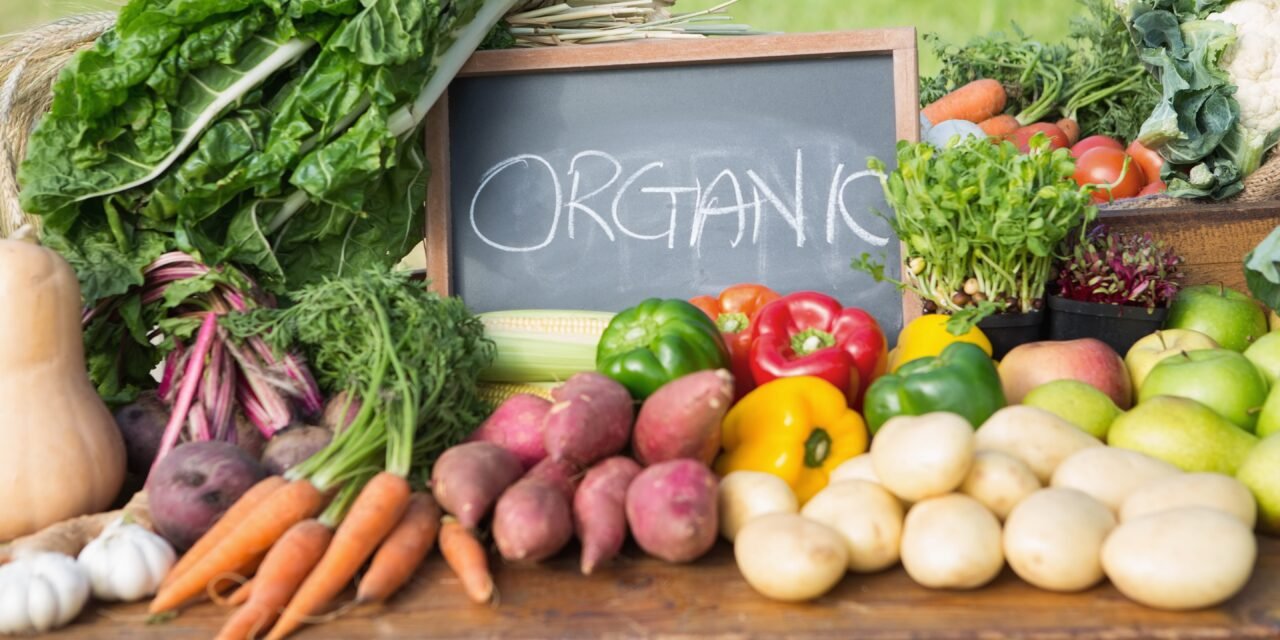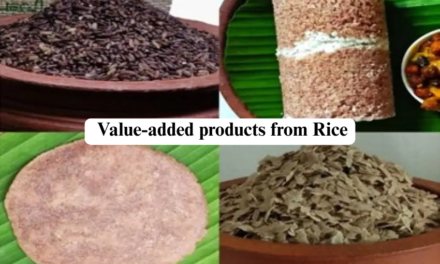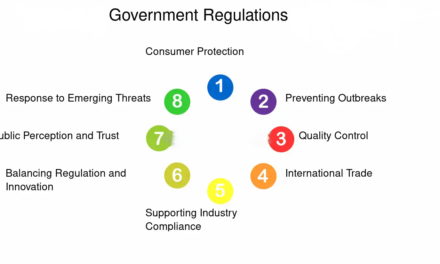The market for organic vegetables is growing rapidly, driven by increasing consumer demand for healthier, environmentally friendly, and sustainably produced food. Here are the key market trends shaping the organic vegetable sector:
1. Increasing Consumer Demand for Health and Wellness
- Trend:
- Rising health awareness is driving consumers to prioritize fresh, chemical-free produce, with organic vegetables perceived as healthier alternatives.
- Organic vegetables are often associated with higher nutritional value and the absence of synthetic pesticides, herbicides, and fertilizers.
- Impact:
- Consumers are willing to pay a premium for organic vegetables, boosting market growth.
- High demand for nutrient-dense options like kale, spinach, broccoli, and carrots.
2. Growth of Online Grocery Platforms
- Trend:
- The rise of e-commerce and online grocery platforms is making organic vegetables more accessible.
- Consumers prefer the convenience of purchasing fresh produce online, with home delivery options.
- Impact:
- Expanding opportunities for direct-to-consumer (DTC) sales.
- Growth in subscription-based models, like organic vegetable boxes or farm-to-table services.
3. Shift Toward Local and Seasonal Produce
- Trend:
- Consumers increasingly prefer locally grown organic vegetables, which are perceived as fresher and more environmentally friendly due to reduced food miles.
- A growing interest in seasonal eating aligns with the organic movement’s sustainability values.
- Impact:
- Farmers markets, community-supported agriculture (CSA) programs, and farm-to-table restaurants are becoming popular channels for organic vegetable sales.
- Regional production of organic vegetables is expanding to meet local demand.
4. Rising Demand for Exotic and Specialty Vegetables
- Trend:
- Interest in global cuisines and unique flavors is driving demand for exotic and specialty organic vegetables, such as bok choy, arugula, zucchini, heirloom tomatoes, and microgreens.
- Impact:
- Farmers and retailers are diversifying their organic offerings to cater to this niche market.
- Premium pricing for rare and unique organic vegetables adds profitability for producers.
5. Expansion of Organic Certification
- Trend:
- Government and private sector initiatives to streamline and promote organic certification are making it easier for farmers to enter the organic vegetable market.
- Consumers value certified organic labels as assurance of quality and compliance with organic farming standards.
- Impact:
- Growth in small and mid-sized organic vegetable farms.
- Increased consumer trust and willingness to purchase certified organic vegetables.
6. Focus on Sustainable Packaging
- Trend:
- Eco-conscious consumers demand sustainable and biodegradable packaging for organic vegetables to align with their environmental values.
- Impact:
- Retailers are moving away from single-use plastics and adopting eco-friendly alternatives like compostable bags, paper wraps, and reusable containers.
- Sustainable packaging is becoming a key differentiator for organic vegetable brands.
7. Rising Popularity of Urban and Vertical Farming
- Trend:
- Urban consumers are supporting organic vegetables grown in urban and vertical farms due to their proximity and reduced environmental impact.
- Impact:
- Vertical farms and controlled-environment agriculture (CEA) are producing fresh, organic vegetables closer to urban centers, reducing transportation costs and food waste.
- High-tech farming practices ensure consistent supply of organic vegetables year-round.
8. Increasing Interest in Transparency and Traceability
- Trend:
- Consumers are seeking transparency about the source, growing practices, and journey of organic vegetables from farm to table.
- Blockchain and QR-code-based traceability systems are being adopted to provide detailed product information.
- Impact:
- Builds consumer trust in organic vegetable brands.
- Encourages farmers to adopt transparent farming practices and certifications.
9. Integration of Organic Vegetables into Value-Added Products
- Trend:
- Organic vegetables are increasingly used in ready-to-eat (RTE) meals, salads, juices, soups, and frozen products.
- The convenience of value-added products appeals to busy, health-conscious consumers.
- Impact:
- Expands the market for organic vegetables beyond raw produce.
- Drives innovation in packaging, processing, and marketing of organic vegetables.
10. Rising Demand for Organic Frozen Vegetables
- Trend:
- Organic frozen vegetables are becoming popular due to their convenience, longer shelf life, and retention of nutrients.
- Impact:
- Organic frozen vegetables cater to time-pressed consumers while reducing food waste.
- Growth in exports of frozen organic vegetables to regions with limited access to fresh organic produce.
11. Premiumization of Organic Products
- Trend:
- Organic vegetables are often marketed as premium products with superior quality, flavor, and health benefits.
- Impact:
- Enables retailers and producers to charge higher prices, increasing profitability.
- Appeals to affluent, health-conscious consumers.
12. Increasing Focus on Climate-Resilient Crops
- Trend:
- Climate change is driving the demand for organic vegetables grown from resilient varieties that can withstand extreme weather conditions.
- Impact:
- Farmers are exploring drought-resistant and heat-tolerant organic vegetable crops.
- Promotes sustainability and food security in organic farming.
13. Growing Demand in Emerging Markets
- Trend:
- Rising disposable incomes, urbanization, and health awareness in emerging markets like India, China, and Southeast Asia are driving demand for organic vegetables.
- Impact:
- Expansion of organic farming practices in these regions to meet local demand.
- Growth in imports of organic vegetables to satisfy growing urban consumer bases.
14. Adoption of Subscription-Based Models
- Trend:
- Subscription-based delivery services offering weekly or bi-weekly organic vegetable boxes are becoming popular.
- Impact:
- Provides steady revenue streams for farmers and convenience for consumers.
- Encourages direct farmer-to-consumer relationships, bypassing intermediaries.
15. Increased Role of Government and Policy Support
- Trend:
- Governments worldwide are incentivizing organic vegetable production through subsidies, research, and market support.
- Policies promoting organic farming are driving growth in this sector.
- Impact:
- Encourages more farmers to adopt organic practices.
- Expands the supply of organic vegetables to meet growing demand.
Conclusion
The organic vegetable market is rapidly evolving, driven by consumer preferences for health, sustainability, and convenience. Trends like online grocery platforms, value-added products, sustainable packaging, and urban farming are reshaping the industry. Producers and retailers who adapt to these trends can tap into a growing market and achieve sustainable growth.
Hashtags
#FarmFresh #FarmersMarket #OrganicFoodie #FarmLife #FarmToFork #NaturalEating #OrganicGardening #HealthyHarvest #SustainableLiving #GreenEating #OrganicCommunity #HealthyPlanet #OrganicRevolution #EcoConscious #NourishYourBody #OrganicMovement #CleanEats #SustainableEating #OrganicChoices #HealthyHabits









